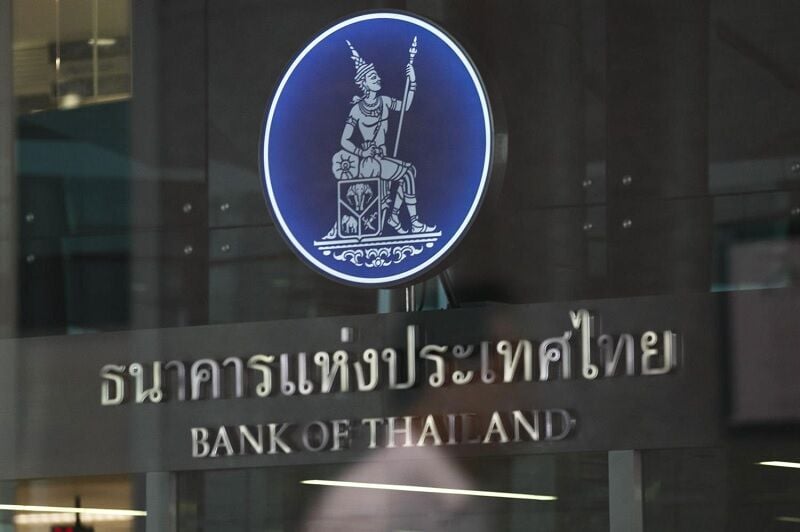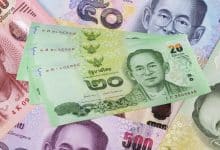Bank of Thailand increases outflow limit, eases forex

The Bank of Thailand (BoT) is set to ease foreign exchange regulations further to bolster business operations and enhance the country’s foreign exchange ecosystem. This strategic move aims to provide long-term benefits to Thailand’s economy.
The central bank plans to introduce additional relaxations in the fourth quarter, marking the third phase of its foreign exchange ecosystem initiative. This phase will specifically address easing regulations related to money outflows for Thai citizens.
Significant changes will include raising the annual outflow limit from US$50,000 to US$200,000, reducing restrictions on negative lists, and modifying foreign exchange management rules under the national pooling method. The director of the BoT’s Foreign Exchange Administration and Policy Department, Chananun Supadulya, provided these details.
The national pooling method will enable businesses to borrow in baht for both domestic and international operations, offering greater flexibility in managing foreign exchange.
For instance, offshore companies operating in Thailand can finance their foreign parent companies in baht, and Thai companies can provide baht financing to their overseas subsidiaries.
Moreover, the central bank intends to relax foreign exchange management rules for non-residents under the Non-Resident Qualified Company (NRQC) project. Currently, 82 foreign companies participate in the NRQC programme.
Central bank
Chananun highlighted that the central bank has progressively relaxed foreign exchange rules under the FX ecosystem initiative, beginning with the first phase from 2019 to 2021, followed by the second phase in 2022-23.
“The FX ecosystem represents a structural improvement for the long term, aimed at balancing the ease of doing business with maintaining exchange rate stability. It is designed to support both businesses and investors by providing greater convenience in managing foreign exchange risks.”
The initiative has received positive feedback, as evidenced by a 21.9% increase in the number of foreign currency deposit (FCD) accounts from 2019, reaching 851,993 accounts now.
According to the central bank’s economic update in June, the baht had slightly depreciated against the US dollar due to stronger-than-expected US non-farm payroll data. This led to market speculation that the Federal Reserve (Fed) would maintain high interest rates for an extended period.
However, as of yesterday, August 1, the baht had appreciated against the US dollar. This appreciation was influenced by expectations that the Fed might cut its policy rate twice within the year.
The baht opened at 35.48 per dollar, up from 35.63 per dollar on Wednesday, reflecting a weaker dollar as markets anticipate a potential rate cut by the Fed in September, according to Poon Panitchpibun, a money market strategist at Krungthai Global Markets, reported Bangkok Post.
Latest Thailand News
Follow The Thaiger on Google News:


























